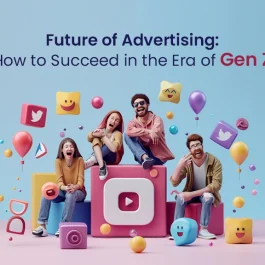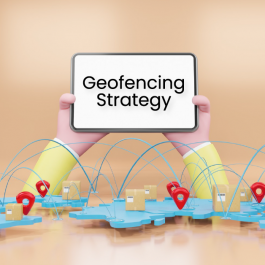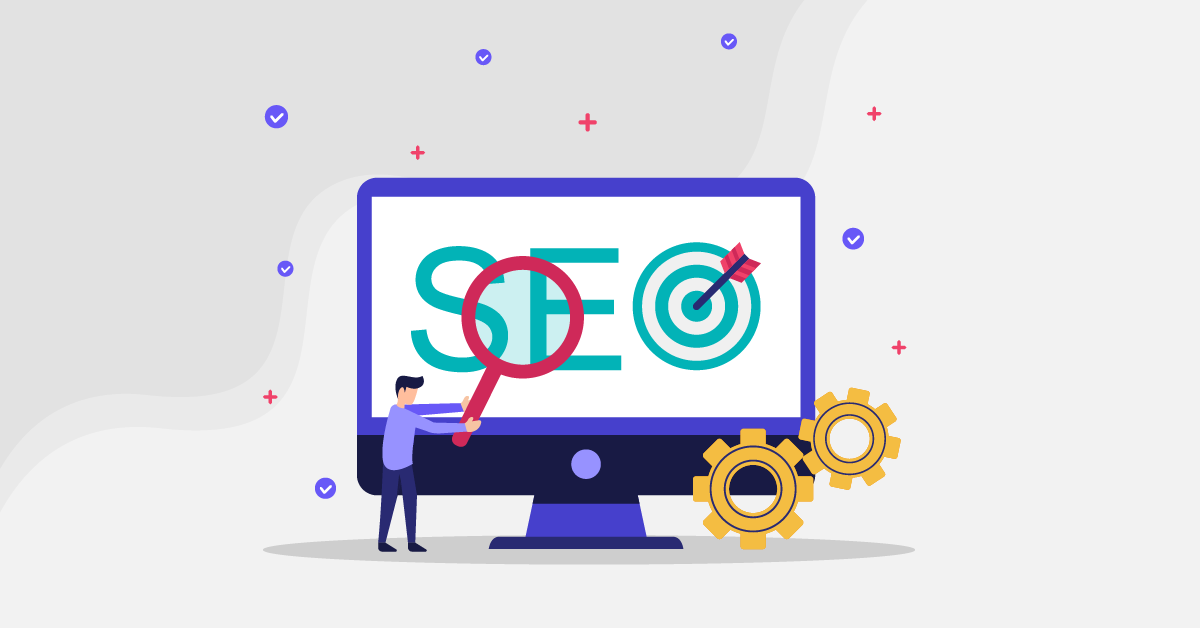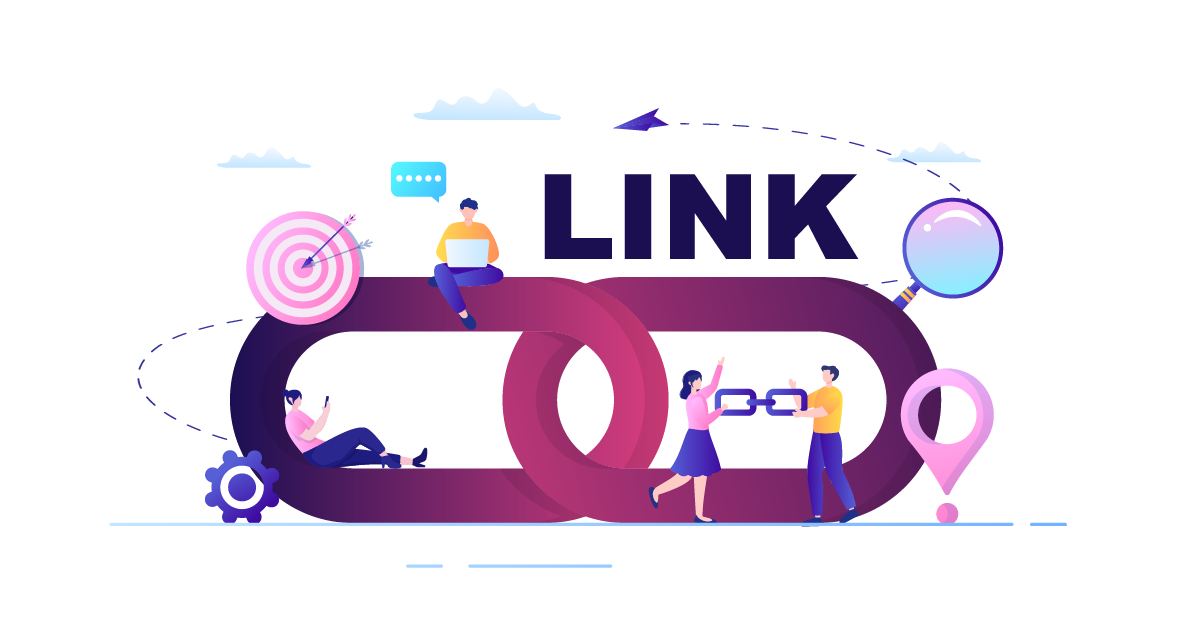5 min read
PayPerClick (PPC) advertising is an effective way to increase conversions and send targeted traffic to your website. Effective PPC campaign optimization is essential to maximizing their potential.
Table of Contents
Explain the Meaning of PPC Tools and Their Significance
Pay-per-click (PPC) tools use analytics and automation to make your paid search campaign more efficient. Although saving time is a compelling enough argument to use these solutions, they also offer numerous advantages, such as:
Enhanced Productivity: Automation streamlines and expedites your campaign by cutting down on labor-intensive tasks like designing best-practice-compliant ads or running A/B tests to evaluate the effectiveness of various landing pages. PPC marketing tools free up your time by managing bids, bulk editing, and ad templates, allowing you to concentrate on other matters.
Reduced PPC advertising costs: You can maximize the return on each ad click by using the automated bidding offered by many of the best-paid search tools to more efficiently allocate your budget. They enable you to identify low-competition, cost-effective keywords and improve the accuracy of your expense estimation.
Enhanced Quality Rating: The value and relevancy of your ads are evaluated by Google using the Quality Score, and certain optimization tools provide useful advice on how to raise your score. Sustaining a higher rating can help you outperform rivals by improving your ad positions and lowering costs per click (CPC).
Improved Analytics: You can better understand competition tracking, ad performance, and other data-driven paid search aspects with the aid of PPC competitor analysis tools. They streamline the data involved, and some platforms go so far as to provide scheduled reports and real-time monitoring to keep you updated at every stage of your campaign’s lifecycle.
A More In-depth Examination of Pay-Per-Click Marketing
The process of evaluating and refining your paid advertising campaigns through keyword bid adjustments, landing page updates, and ad copy refinement is known as PPC optimization. But if PPC advertisements are not properly optimized, they could become a significant financial drain without producing the anticipated results to justify the time and resources needed.
It would be best if you established solid foundations for your PPC campaigns in order for them to succeed. For paid advertising campaigns to be planned, carried out, and optimized, a strong PPC strategy is essential.
You run the risk of using your budget haphazardly if you do not have a solid pay-per-click optimization strategy in place. With the correct approach, however, you can create and improve a targeted, goal-oriented ad campaign.
There are 13 essential components and features that can greatly improve the effectiveness of your PPC advertising.
-
Searching for and choosing keywords:
- Identify relevant and high-performing keywords by conducting in-depth keyword research first.
- Employ resources such as Google Keyword Planner to identify new keywords and assess the volume of searches for them.
-
Ad Copy:
- Convey your target audience’s needs and interests through the writing of effective advertising copy.
- To promote clicks, include calls to action (CTAs) and unique selling propositions (USPs).
-
Landing Page Optimization:
- Make sure the user experience on your landing pages is seamless and consistent with the ad copy.
- Optimize for fast loading times and mobile responsiveness.
-
Extensions to advertisements:
- Please make use of ad extensions to give users more details and entice them to interact with your advertisements.
- Extensions like callouts, structured snippets, and site links can improve ad visibility.
-
Management of quality scores:
- Delivering high-quality and pertinent content will help you increase your quality score.
- Better ad placements and cheaper click-through rates can result from a higher quality score.
-
Bid Administration:
- To get the most return on investment, review and modify your bid strategy often.
- To manage campaigns more effectively, use automated bidding strategies like target CPA or ROAS.
-
Negative Keywords:
- Put into practice a strong negative keyword strategy to weed out unrelated traffic.
- This reduces the amount of money you spend on non-converting clicks on your ads and helps make them more generally relevant.
-
Ad Scheduling:
- Consider the periods of highest engagement for your target audience when scheduling your ads.
- Set different bids during peak hours to ensure that your ads are seen when it matters most.
-
Device Targeting:
- Campaigns should be modified to account for the various ways users engage with your tablet, smartphone, and desktop apps.
- To enhance the user experience on mobile devices, make landing pages responsive.
-
Geotargeting:
- To concentrate on regions with a higher potential for conversion, fine-tune your targeting based on geography.
- To engage local audiences, use promotions and ad copy that is tailored to their location.
-
Remarketing:
- Run remarketing campaigns to get people who have been to your website in the past to come back.
- Make customized advertisements for each phase of the customer journey.
-
Ad placement:
- Throughout the Google Display Network, maximize the placement of your ads.
- Examine performance information to determine which placements are performing well and eliminate the poorer ones.
-
Conversion Tracking:
- To gauge the effectiveness of your campaigns, set up conversion tracking.
- Make educated decisions and iteratively improve your approach by analyzing conversion data.
Read more: Search Engine Marketing Playbook: Tactics for Top Results
The Top 5 Tools for PPC Optimization
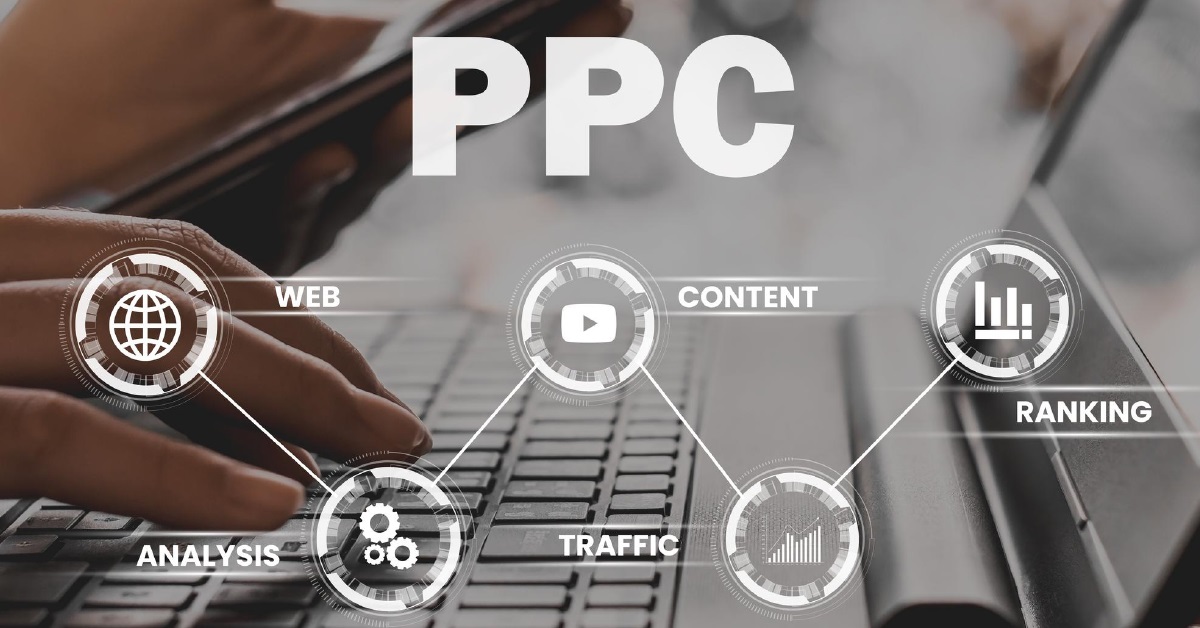
PPC campaign management services require thorough keyword research, just like search engine optimization (SEO) does. In addition, you should optimize the landing pages and the ad content to increase conversions. Thankfully, there are some incredible PPC tools available that can spare you from laborious investigation and analysis. These tools also provide you with information about the search marketing tactics used by your rivals.
You must select the PPC tool that best suits your marketing objectives and financial constraints among the plethora of options available on the market.
Here is a list of the top 5 PPC tools to assist you in making an informed choice:
Google Editor for Ads: Google Ads Editor, a free tool for creating and editing ads, facilitates working on various ad campaigns across multiple accounts in Google AdWords, both online and offline. It makes bulk keyword bid modifications and ad campaign management easier.
AdEspresso: AdEspresso aids in the management and optimization of Facebook and Instagram advertisements, in addition to Google Ad campaigns. It serves as a one-stop shop for all of your advertising requirements, saving you a ton of time when it comes to channel switching.
Semrush: With a focus on PPC and SEO, Semrush assists you with every facet of sponsored campaigns, from identifying the most appropriate keywords to boosting your creative approach by identifying effective competitor advertisements.
Ruler Analytics: A simple-to-use tool for marketing attribution that will help you understand your customers’ journeys and show how your campaigns affect revenue generation.
Through multiple sessions, traffic sources, ads, keywords, and much more, the tool tracks each visitor.
ahrefs: ahrefs is known for being an SEO tool, but it also offers a ton of PPC features, like competitor and keyword research.
For any size website, these top 5 software PPC management service tools offer practical ways to put together a profitable marketing campaign. Include any of these tools in your plan to automate chores and reduce the amount of work you have to do every day. To achieve exceptional results, we advise partnering with a seasoned digital marketing agency, as it might necessitate a significant amount of work on your part.
Conclusion:
It takes a calculated approach and constant optimization work to become proficient with a PPC marketing company. By concentrating on these 13 characteristics and components, you can create more successful campaigns, increase your return on investment. And eventually meet your advertising objectives. To stay ahead in the cutthroat world of pay per click consultant advertising, be alert, try out various tactics, and adjust to the changing digital advertising landscape.
Published: November 20th, 2023
